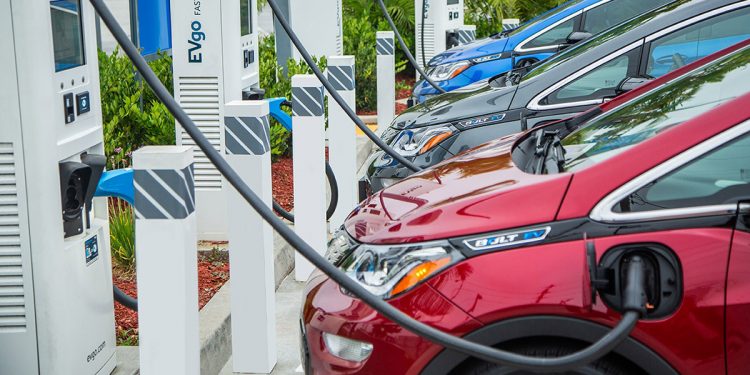Bhubaneswar: Ever increasing number of automobiles in Odisha is a cause of concern for the state as the vehicles emit gases which are hazardous to the environment and contribute to global warming.
In order to alleviate the situation, the state government has started promoting sale of electronic vehicles (EVs). Though the citizens initially welcomed the initiative and even started opting for the environment-friendly vehicles, they soon started facing a number of problems including the availability of sufficient charging points.
However, the experts said the situation will improve soon as the government is taking various steps to address the issue.
Infrastructure development takes time and the government is putting all the efforts, said Jaya Krushna Panigrahi, Secretary Orissa Environmental Society.
“Despite being the third largest automobile market, India remains a straggler in electronic vehicles (EV). Even if the domestic sale of EVs has doubled in the last couple of years, the makers have not been able to address various factors worrying the buyers. Lack of charging spots have been a major problem for the intra-state travelers,” said Prithvi, who travels around 40 kms in a day.
“I purchased a high-end two-wheeler EV a year back with the sole intention of contributing to the environment. With time, the batteries started wearing out and they also run out mid-way when I am stuck in traffic. I have experienced sudden slowing down and it increases chances of crashing as well. The government should increase investment on the charging infrastructure to make the transition from automobiles to EVs a success”, he adds.
“Building infrastructure takes time and I believe this is the phase of transition towards a better looking world. Enough efforts are being made by the government to reduce carbon footprints and embracing all the alternatives that don’t lead towards damaging the earth”, said Jaya Krushna Panigrahi, Secretary OES.
“I thank all our tech-savvy guys for their extensive research by which we will be able to charge vehicles at our homes in future. An attempt towards adding charging infrastructure in every petrol pumps is being made. All the government expects is a little patience and cooperation from the companies that are manufacturing vehicles and the people,” he added.
“By providing charging points at locations where vehicles tend to park, EV users can charge their vehicles while they are parked, thereby saving time, and eliminating the distance one must travel to access public charging. A dense network of normal-power EV charging points reduces the need for high power and ultra-high power charging points, which are more expensive and can be detrimental to EV battery health if over-used”, said Manoj, an automobile engineer based in Bhubaneswar.
“Normal power charging points are not only less expensive, but they also require less electricity and less space, which further reduces capital costs. They can be connected to low-voltage single- and three phase distribution networks, which are widely available in buildings and public spaces”, he added.
In the last two years, more than 25 EV showrooms have been launched in Bhubaneswar but reports show many of them shutting down as well. It is because of low after-sales service that they lose the customers and can’t find the break-even, said Jitendra Das, owner of Utkal EV, Bhubaneswar.
“Another reason which is mostly frequently observed is the low-quality motor and batteries that ignite fire while in motion or in the showroom,” he adds.
SMRUTI REKHA BARIK, OP







































